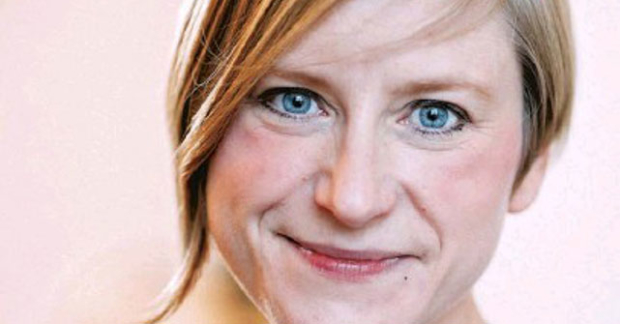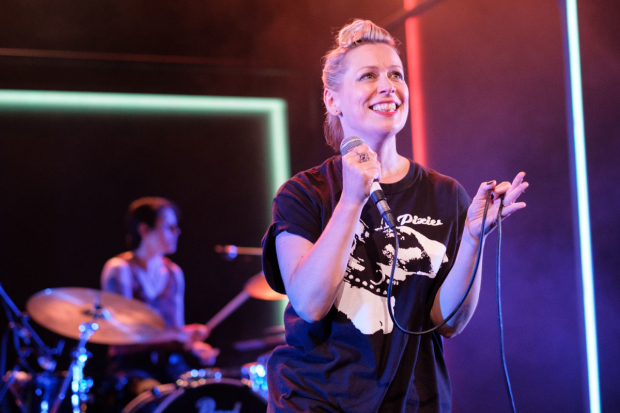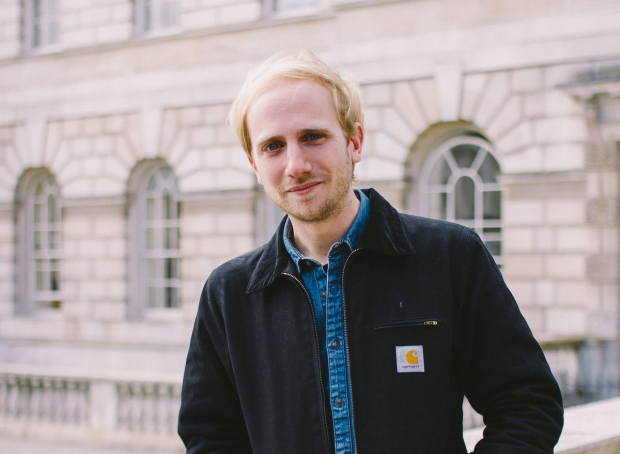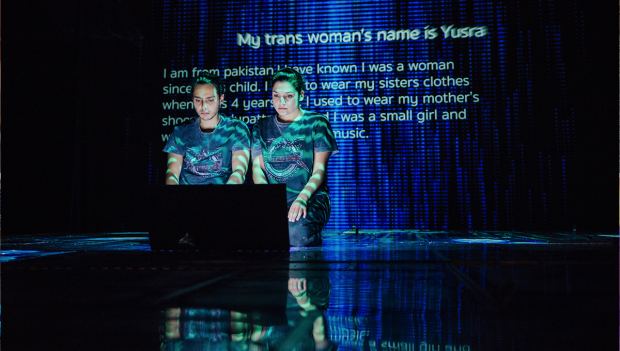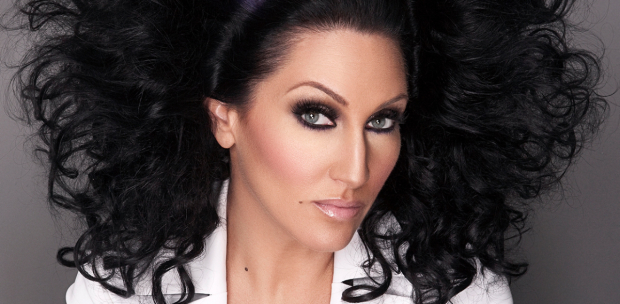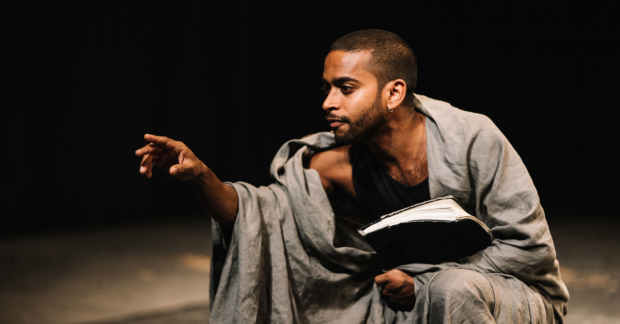How Adam, the cross-continental true story of a trans man, was made
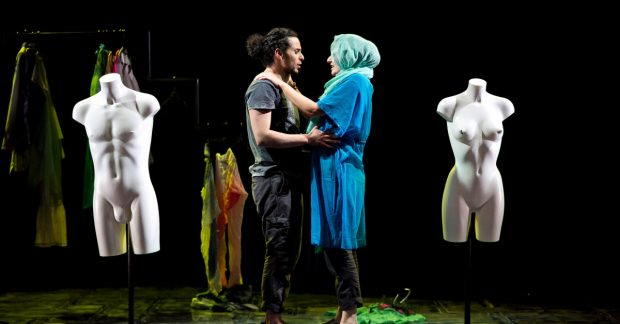
© Eoin Carey
Adam tells the true story of a young trans man, and his journey from Egypt to Scotland. The director, Cora Bissett, first approached me in 2015. She had met Adam Kashmiry at an event for refugees and Scots at the Citizens Theatre in which he shared his story of being born a girl in Egypt and having to travel to Glasgow to become the man he knew he was. She knew immediately that she wanted to tell his story theatrically, but it was a while until she found an opportunity to do that and brought me on as writer.
I approached the writing hesitantly at first. I felt a huge sense of responsibility, and it took a while to give myself permission to just run with it. The idea that Adam play himself didn't come until much later; the first development had actors playing the roles so I was terribly nervous about what Adam would think of it, and hugely relieved when he responded positively.
Originally (and perhaps inexplicably) I had written three Adams on stage, but with Adam acting in the piece it became obvious that the play should be written for two: one to lead the telling of childhood experiences and represent the birth body and Egypt, and one played by Adam himself who could be seen in some ways to have been born in Glasgow. The play focuses on duality and riffs on the metaphor of contronyms (words that have two opposing meanings) so two opposing Adams existing simultaneously felt like the natural form for the play.
I had originally written three Adams on stage
I wrote the first draft quickly and independently, having had two very long and detailed meetings with Adam in which he very generously shared some pretty painful details of his life. From there, Cora and dramaturg George Aza Selinger encouraged me to be a little less duty bound in some places, where shaping the story would better reflect the broader trans experience, so more drafts followed. Then the (inspired) decision was made to cast Adam and we had the most extraordinary development week aided by playwright and dramaturg Douglas Maxwell. Having Adam in the room transformed the process. He was able to add more details and truth while also giving me permission to invent.
The standing ovations have been a way for audiences to offer thanks and support to Adam for what he has lived through
We knew from the first preview that we had made something beautiful. Nevertheless it was staggering to watch the impact of the play on audiences. Much of this can be attributed to Cora, who has a special talent as a director for making work that moves audiences, but there's something extra here too because Adam is sharing his own story. And the standing ovations have been a way for audiences to offer thanks and support to Adam for what he has lived through. Adam has great charisma and stage presence, though he had never previously performed before, and he brings an intimacy and warmth that can steal your heart. Both Rehanna Macdonald who plays the other Adam, and Neshla Caplan who played the role before her, have been amazing in the role but also exceptionally generous about this special bond an audience seems to form with the "real" Adam.
Some audiences haven't even realised until the end that Adam is telling his own story, which has definitely heightened the already emotional and uplifting experience of the piece for them. Other audiences have found the show special because Adam's experiences chime with painful ones of their own. Adam never tires of reaching out to them after the show, sharing experiences and showing great support to those at a vulnerable stage of transition.
My own personal highlight was speaking to an audience member whose best friend was transitioning. She came alone to watch the play in the hope of better understanding what was, for her, a mystifying choice. Afterwards, she said it had answered a lot of questions for her and that she would now be able to support her friend in a way she hadn't before.
